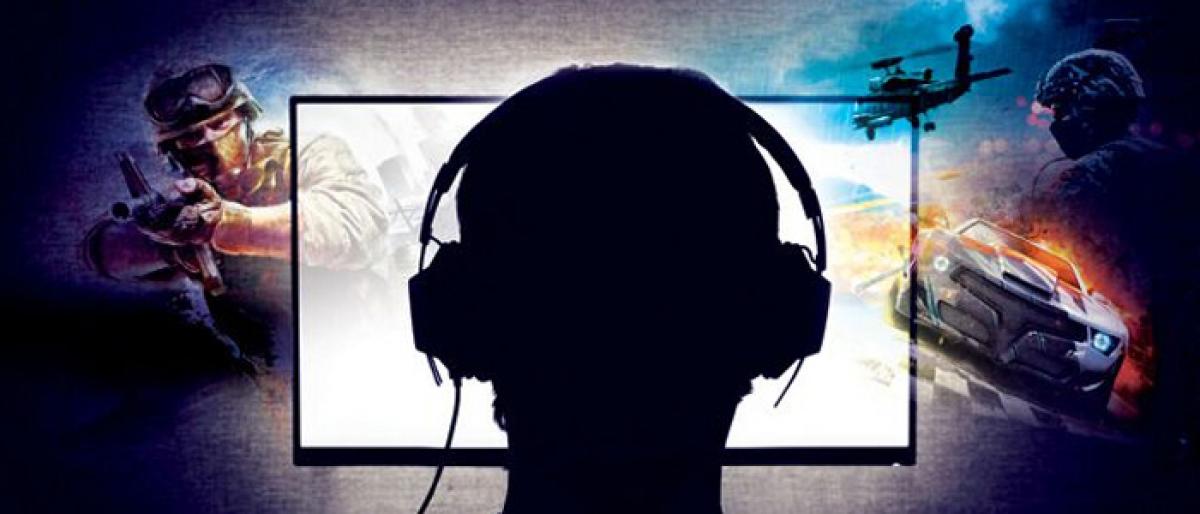Live
- BRS leaders decry alleged police high-handedness, petition DGP
- AICC finalises names of three remaining candidates, yet to announce formally
- Visakhapatnam: TDP Bheemili candidate takes part in devotional programmes
- Education dept struggles with staff shortages in RR dist
- AltStore PAL, a Third-Party iPhone App Store, Launches in Europe
- Biomining technology for cleaning up Solipur dumpyard: Shadnagar MLA
- Visakhapatnam: Inter Services Water Polo Championship held
- Deer dies in dog's attack in Kothur
- PM will lose if elections held using ballot papers: Revanth
- Visakhapatnam: The lost glory of Congress will be revived says Cong LS candidate









